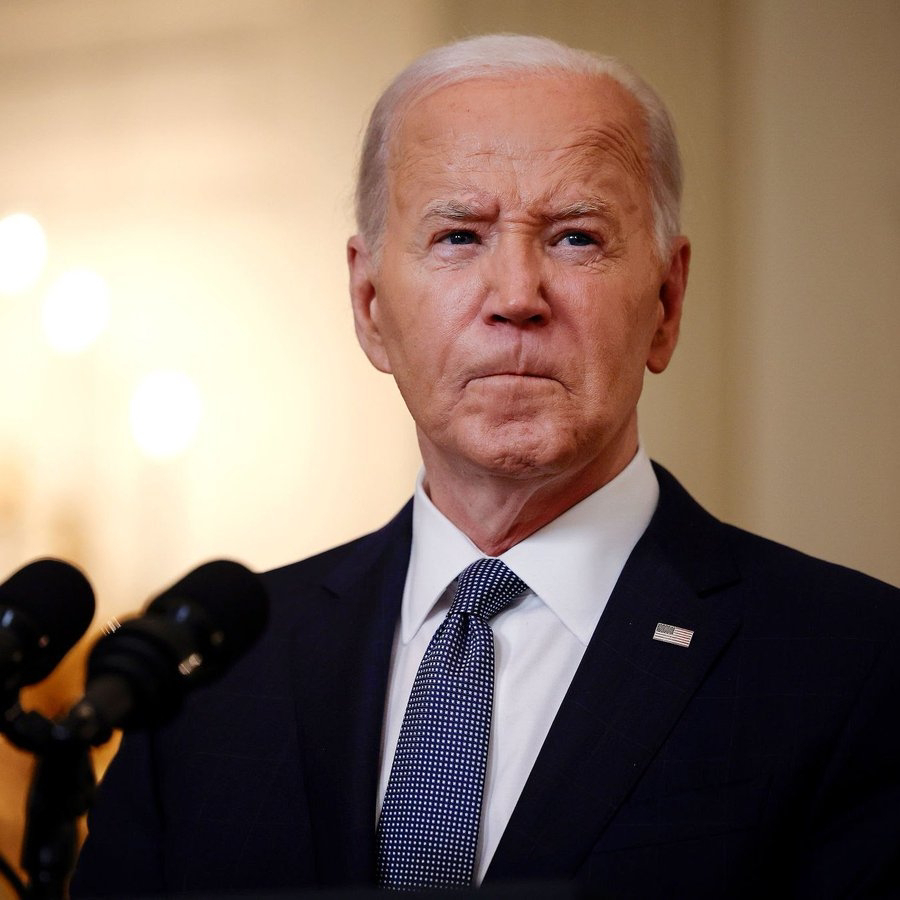deep state" is used in the context of regime change,
The term "deep state" refers to the idea of a hidden, unelected group within the government or powerful institutions that operates independently of, or even against, the elected leadership and democratic processes. This concept often implies that these elements have significant influence over policy, national security, and even regime change activities. When the term "deep state" is used in the context of regime change, it typically suggests that these unseen forces—such as intelligence agencies, military leaders, or influential bureaucrats—are involved in influencing or orchestrating regime changes both domestically and internationally, often without public knowledge or consent. ### **Key Aspects of the Deep State and Regime Change:** 1. **Influence on Foreign Policy:** - **Covert Operations:** Intelligence agencies like the CIA have historically been involved in covert operations aimed at destabilizing or overthrowing foreign governments. These activities are s...



